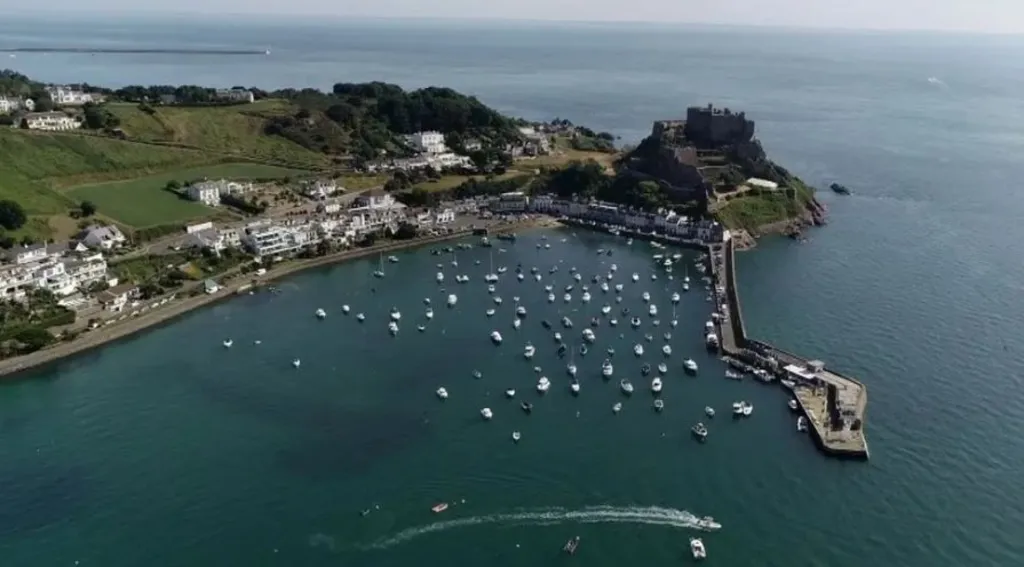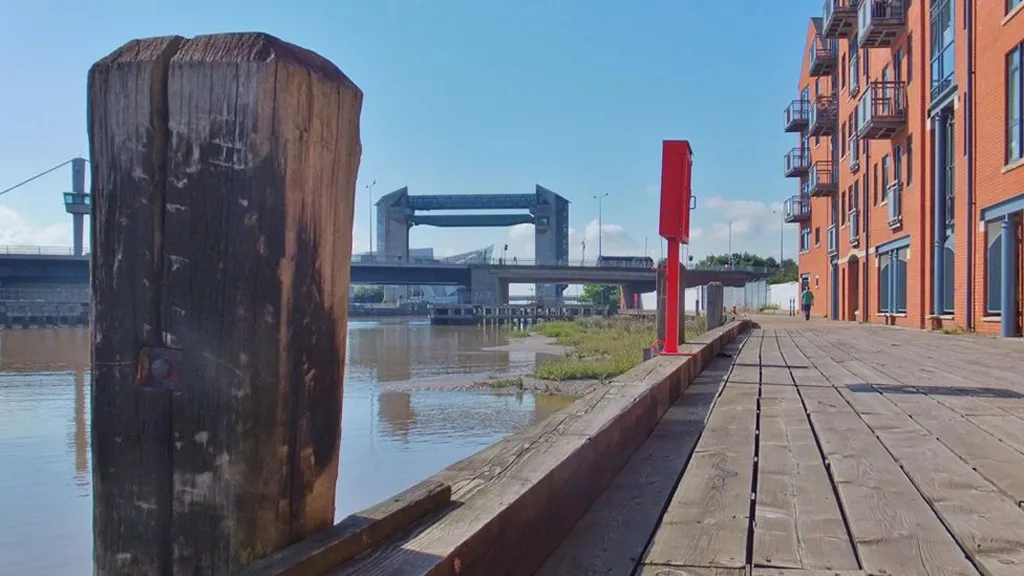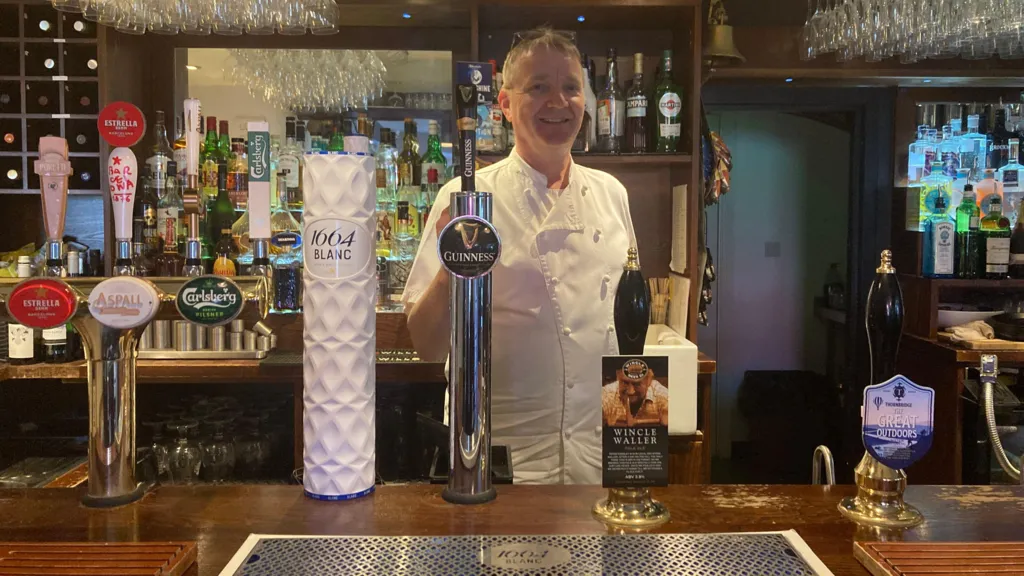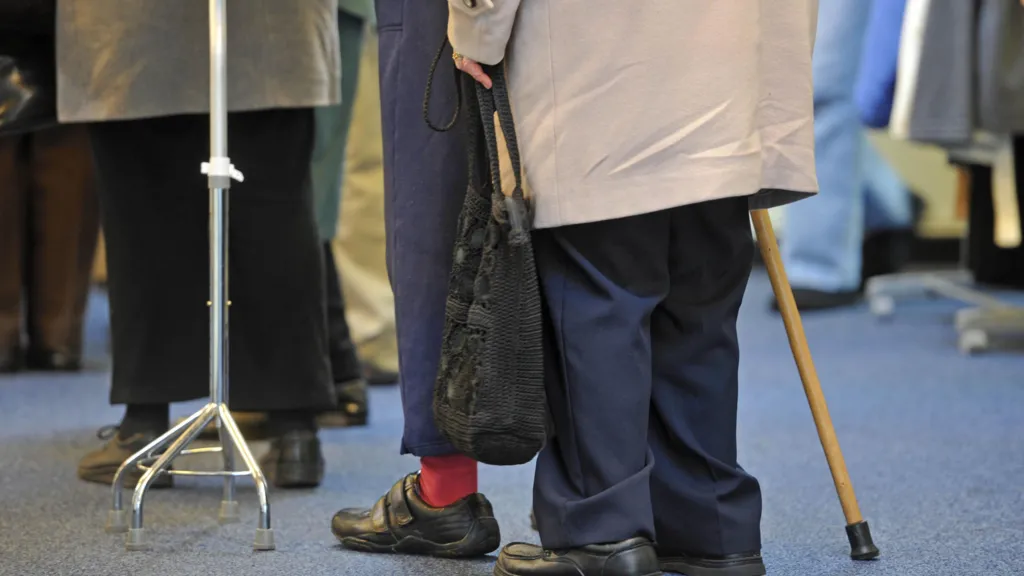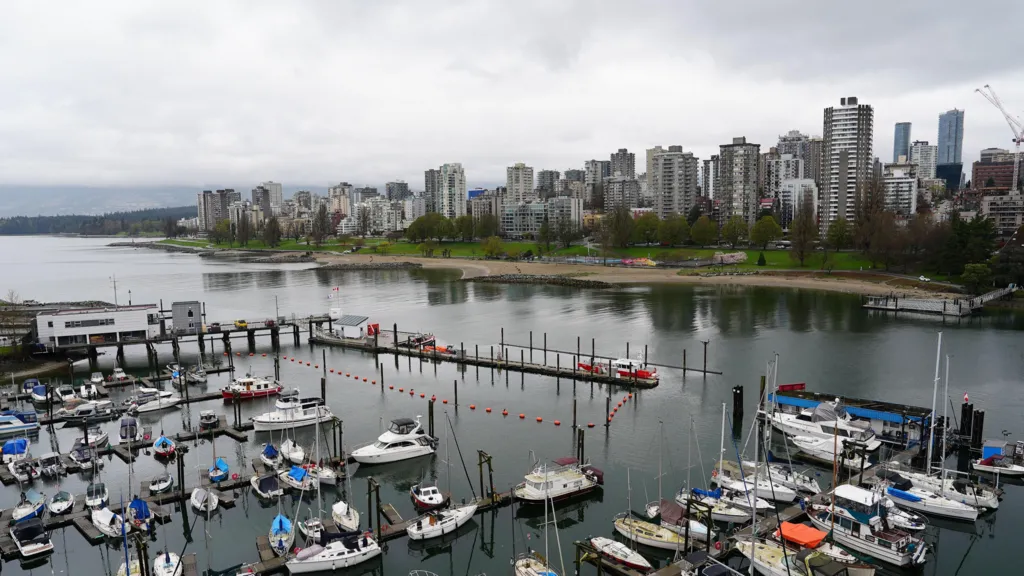Councillors have been asked to approve plans for a 26-seat electric community sauna in an Inverness public park.
Community Sauna Highland's proposal for Bellfield Park, which is in a residential area on the city's riverside, includes a cold plunge pool and changing room.
Highland Council has received 12 objections and 13 messages of support to the plans.
Officials at the local authority have recommended that next week's south planning applications committee grant full planning permission, but with conditions.
They include restrictions on noise and a requirement that a member of staff is at the site at all times when open.



